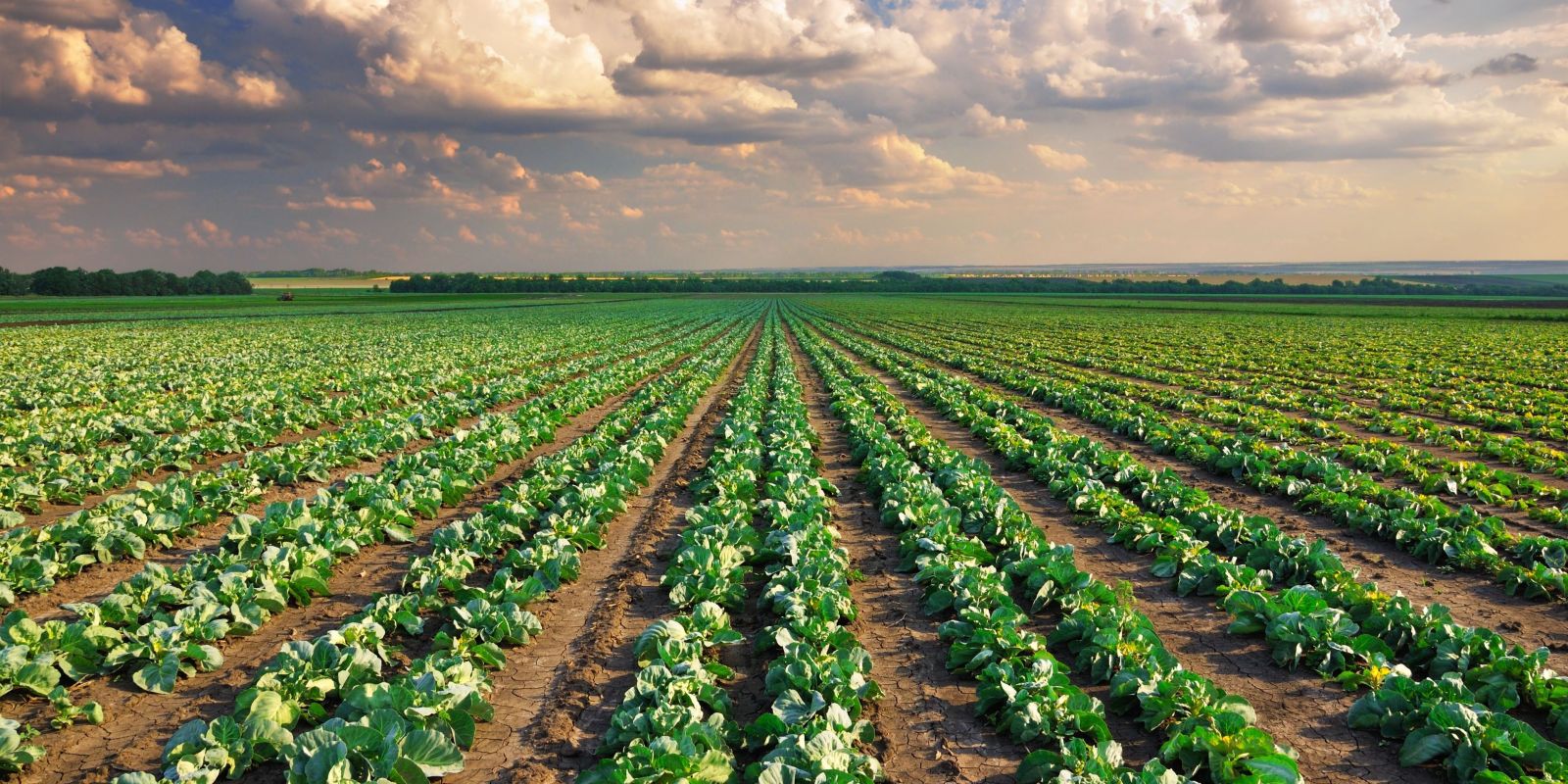FUTURE OF FOOD IN THE FENS
In November 2023, 30 people from organisations across the food system in the Fens began meeting regularly to discuss the future of food there.
During eight successive half-day workshops convened by the Greater Lincolnshire Food Partnership over two years, they discussed their concerns and imagined together the future of the region.
Their experience and expertise was rich and diverse, covering flood management, water, soil, crops, economics, community, biodiversity, technology, markets, planning, energy, manufacturing, horticulture, transport, coastal environments, policy and more.
Participants came from 30 different organisations that are pivotal in different ways to food in the region, including private businesses, charities, local authorities, public agencies, professional associations, and universities.
The report stresses the Fens are the vegetable basket of the UK, producing and supplying a third of the country’s vegetables, and significant shares of other foods too. With 85,000 jobs and a nationally significant cluster of businesses involved in food production, processing and logistics, they are a major node in the UK’s food system. The Fens are also a key point of passage and processing for foods produced elsewhere in the UK and for imported foods.
The Fens has half of the UK’s best, ‘Grade 1’ land in an easily farmed flat landscape. The Fens have also grown a public-private research and development capacity in food manufacturing and food science, one that supports further innovation in the region and aims to provide the skilled workforce the sector needs to turn innovation into growth. These features have made the Fens attractive to investors. In recent years, they have contributed to expanding the region’s food sector in new directions, including novel foods and new production technologies. As such the Fens is one of the places where ensuring the nation’s future food security will be decided.
The resulting report also looks at the many risks and opportunities in the Fens, from climate change with risks of flooding, drought and heatwaves to the need for clear policy to produce food and support the communities in the frontline of farming and the food chain.
The recommendations set out in the report are the result of the work of this group and cover topics as diverse as managing a changing climate, to how to secure the innovation needed and policy which supports food production. The full report and recommendations can be found here.



